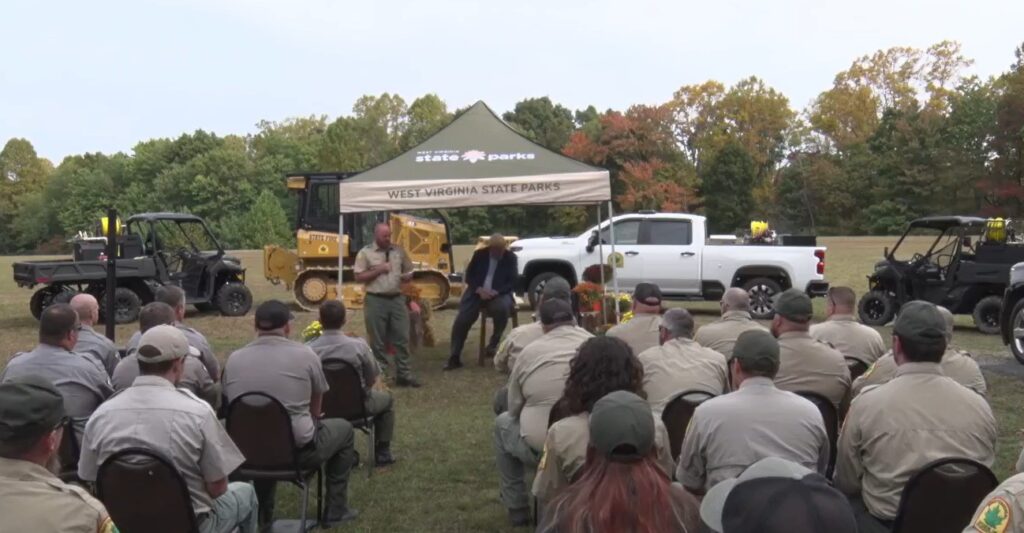By Chris Mc Loone
The United States Fire Administration (USFA) has released its provisional summary of line-of-duty deaths (LODDs) for 2012, and as firefighters and apparatus operators, we should not be pleased with them.
Looking at the overall number, which does not include the Christmas Eve 2012 murders of Mike Chiapperini and Tomasz Kaczowka of the West Webster (NY) Fire District, only 83 LODDs is good. It means that since the inception of Everyone Goes Home® we’ve made progress. We were averaging more than 100 LODDs a year for awhile there. The leading cause of death for 2012 was stress/overexertion. It’s the second leading cause of death that we should all be sick over.
There were 19 LODDs in 2012 caused by vehicle collisions, including aircraft. We died going to and returning from fires 19 times-to the tune of 22.9 percent of the LODDs for the year. How is this happening? I’ve mentioned numerous times that preventable crashes are the ones that send me into orbit. The National Institute for Occupational Safety and Health (NIOSH) needs to start grouping apparatus-related deaths together so we can try to extrapolate data to help us explain why we are dying going to and from fires.
I want to know why these accidents are happening and why we’re losing 19 people in one year to vehicle accidents. If excessive speed is the cause, then I want to see our apparatus operators slow down and that there be consequences for driving in manners unnecessary. If it is lack of training, I want to see something done consistently at state levels to ensure our apparatus operators are being blessed to operate these vehicles with some sort of measurable training program. And in some cases, it’s time to have some sort of special license for apparatus operators. In most states, a commercial driver’s license (CDL) will suffice. But, what about places like my home state of Pennsylvania, where drivers of emergency vehicles do not need a CDL?
If poor maintenance is to blame, then when are municipalities going to step in and take steps to ensure preventive measures are being taken to ensure companies and departments are keeping up with maintenance on vehicles? We were dispatched to a dumpster fire one time. I didn’t want to drive past it on the way to the firehouse so I went on location and gave a report. My chief reminded me later I can’t do anything without the red truck. Well, these vehicles, which have so much built into them to protect us to and from a fire, are not going to make it to rescue someone else from harm’s way if they can’t get to the fire because they won’t start, break down on the way, or are involved in an accident because of some sort of mechanical failure.
One LODD is too much in my book. As a firefighter, I understand that there could come a time where a friend or even I might not come home. We all know this is an inherently dangerous job. But 19 deaths to vehicle collisions are far too many. But, another serious question is how many preventable near misses were there during 2012? How many firefighters breathed a sigh of relief from behind the wheel, in the crew cab, and on the officer’s side of the vehicle because they just missed hitting a pole or a person? One of my favorites is that the traffic interceptors don’t work. Here’s an idea-stop when you get to an intersection no matter what color the light is.
My former chief used to say he considered the most dangerous part of a fire response to be getting to the fire and returning from the fire-with the trickiest part backing the truck into the firehouse. As a kid, which this chief probably still considers me, I didn’t fully grasp this concept, but through the years I got it. The trouble is, not enough people do, and it’s beginning to show.
It astounds me that we are operating vehicles that contain the most sophisticated systems available to avoid crashing, yet we are finding ways to defeat these systems. Try as we might to eliminate it, human error can eventually be our undoing.
On a final note, last month we remembered highly decorated, 31-year veteran Lieutenant Kevin M. Kelley, of Ladder Company 26 of the Boston (MA) Fire Department. He died from injuries he received when the fire apparatus he was riding crashed after the brakes failed while returning from a call. It is up to all of us to ensure history does not repeat itself. Slow down, continually train on the apparatus, and ensure all preventive maintenance is up to date. Let’s get that 19 as close to zero as we can this year.

